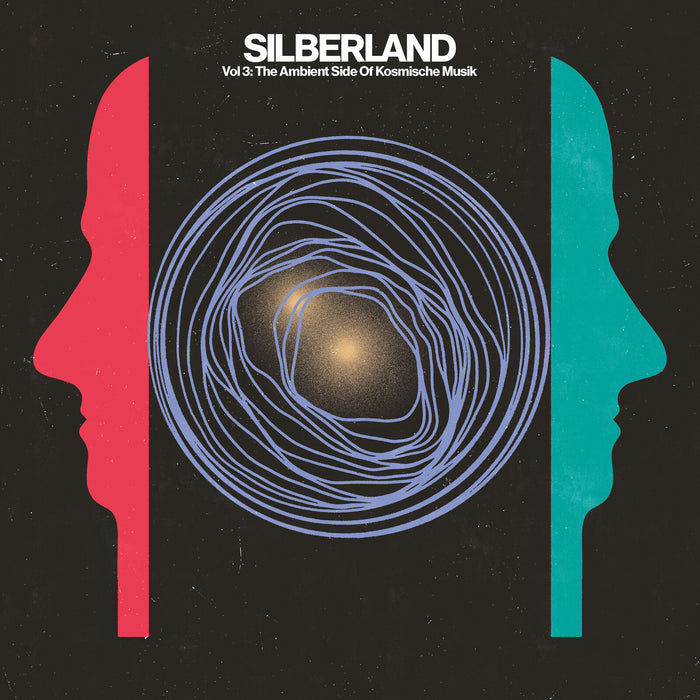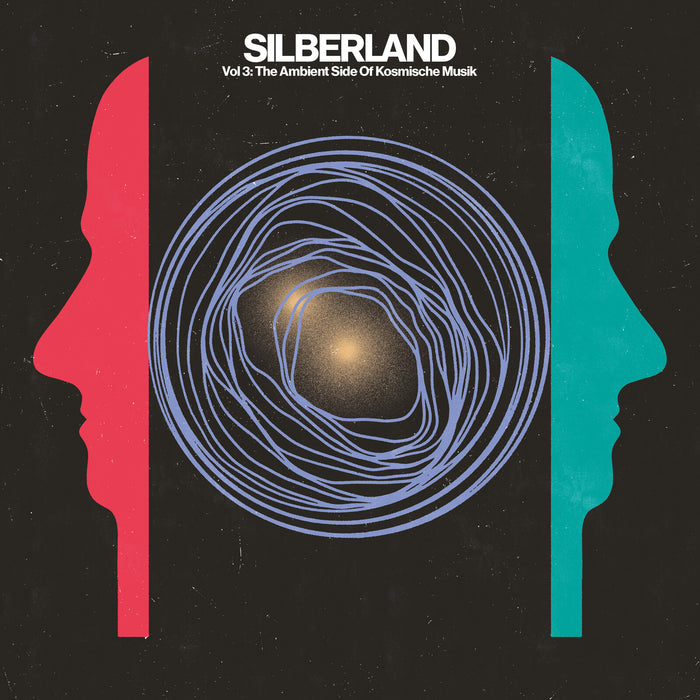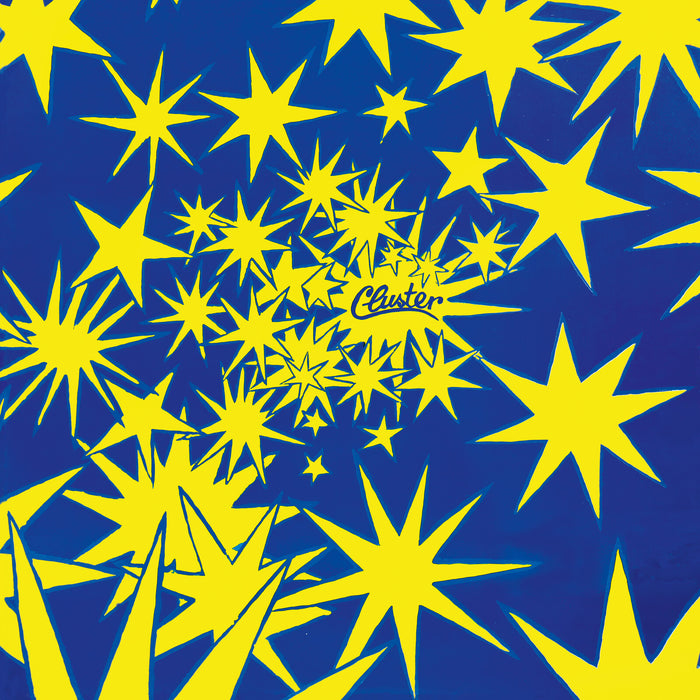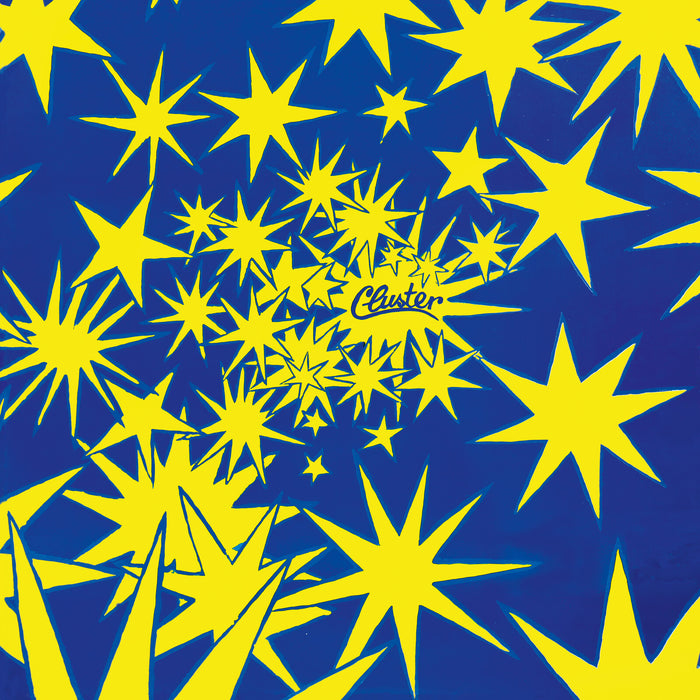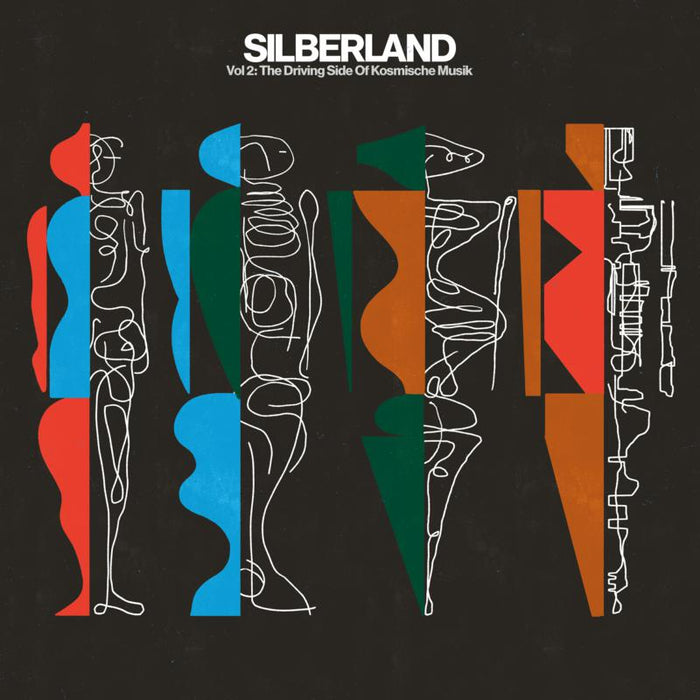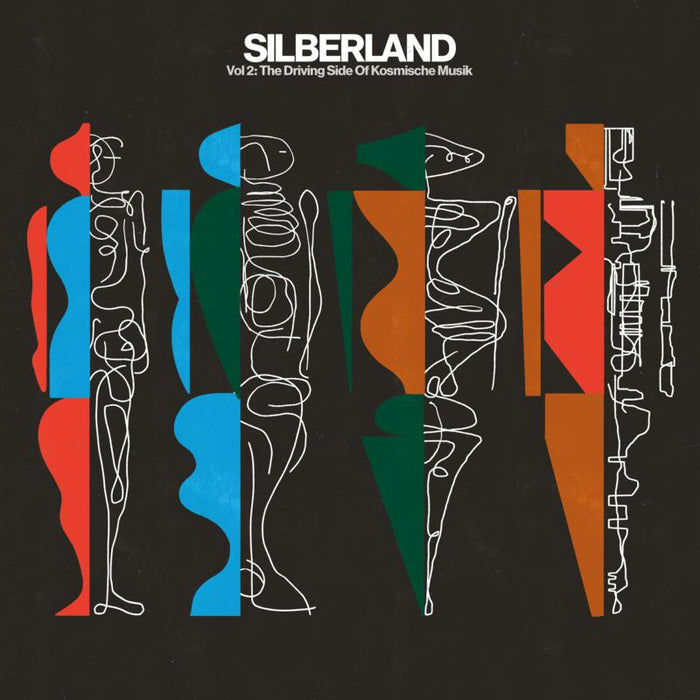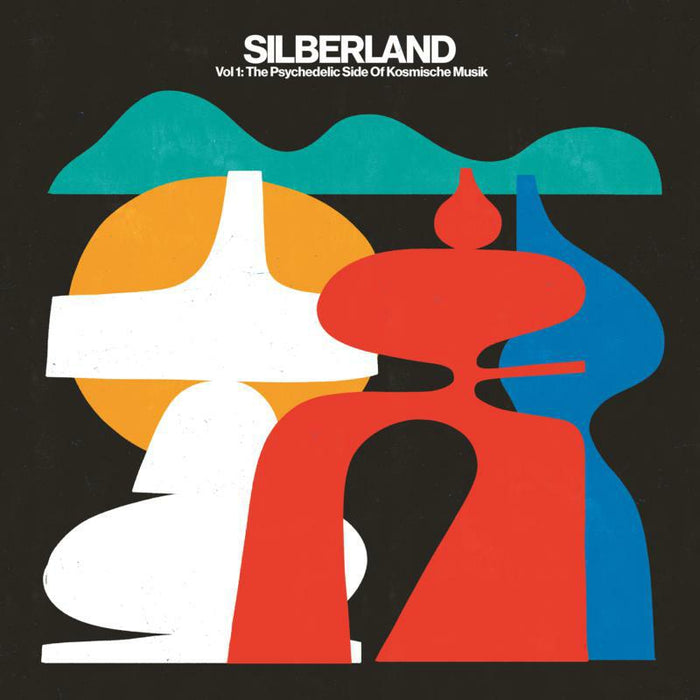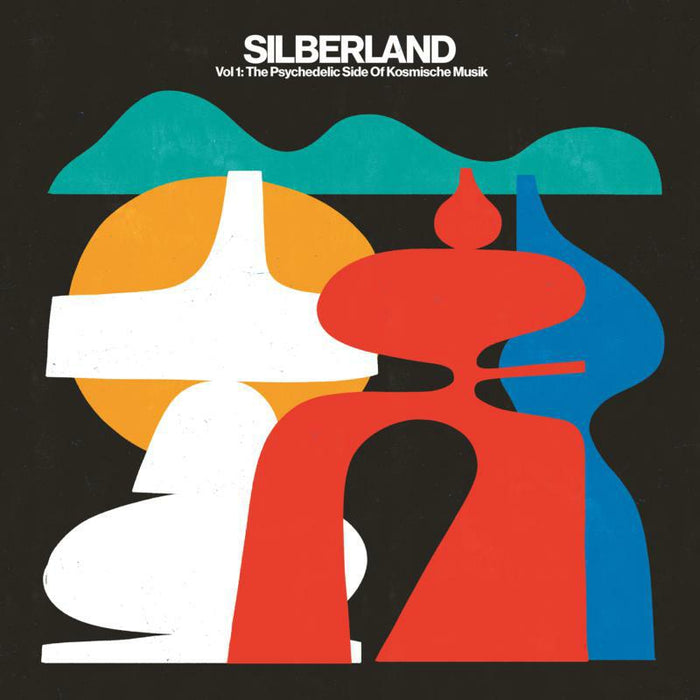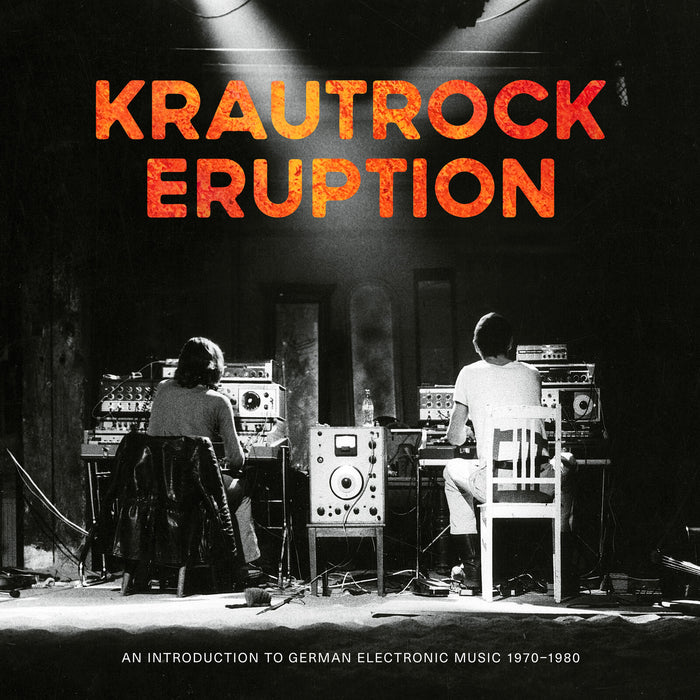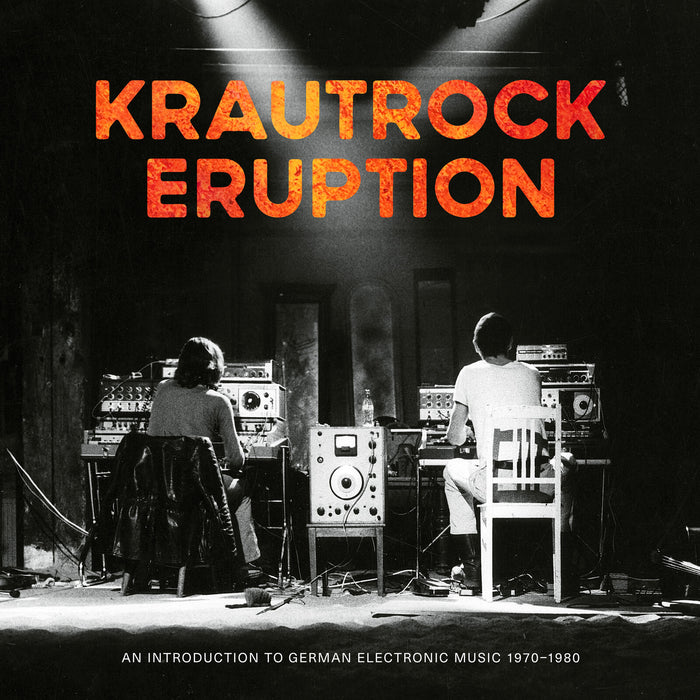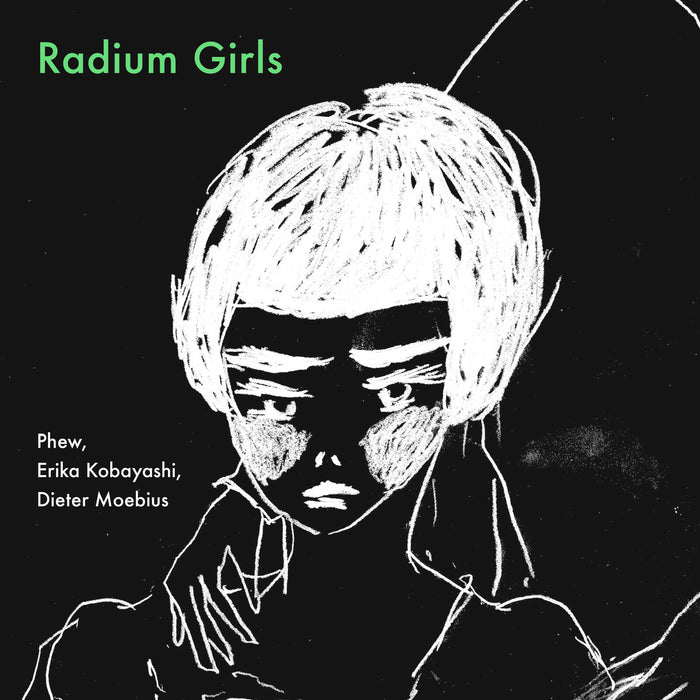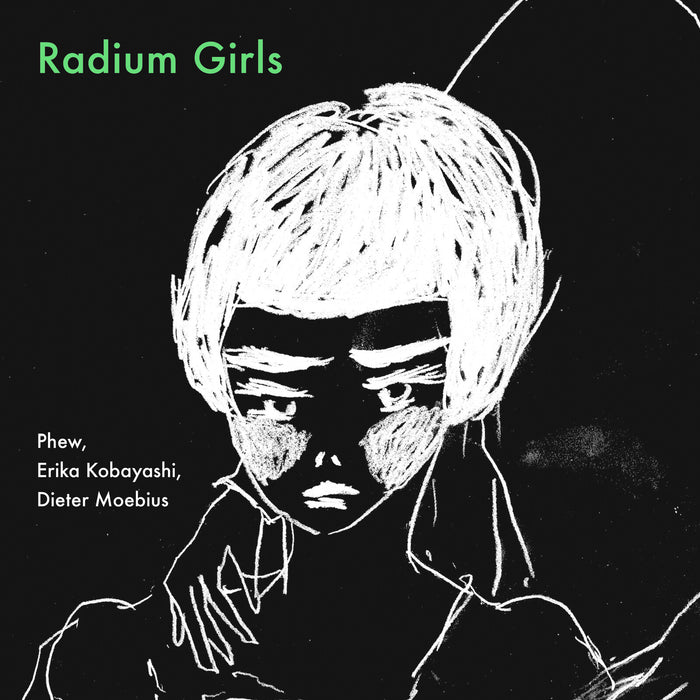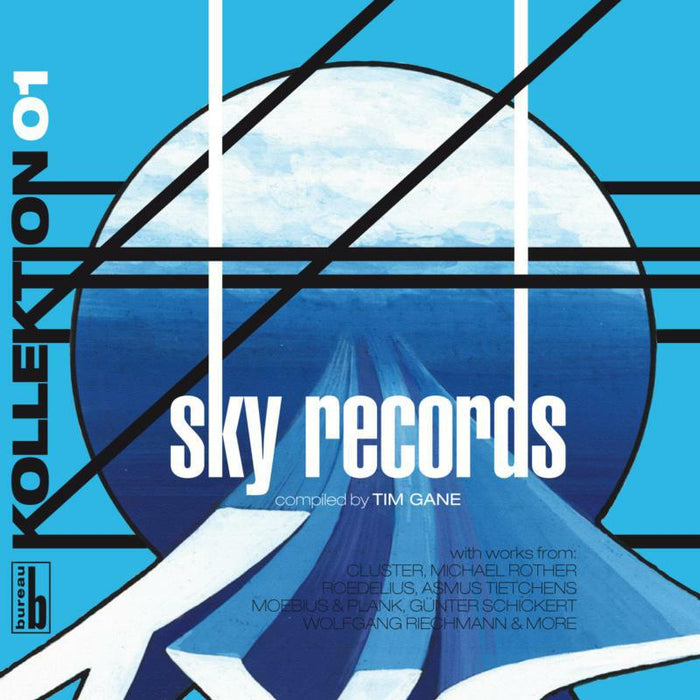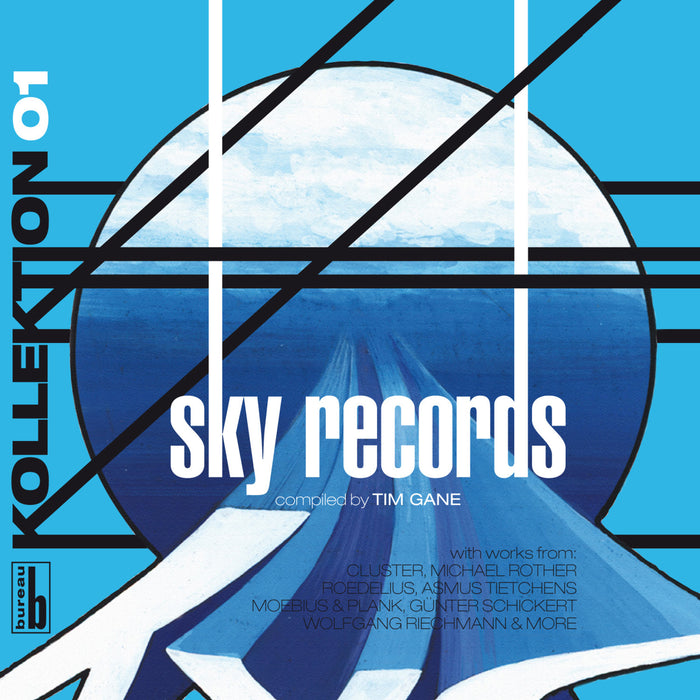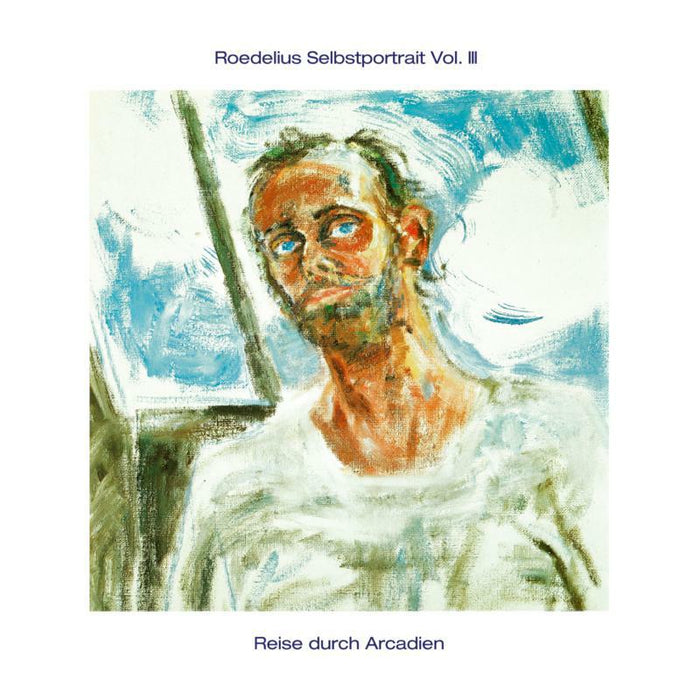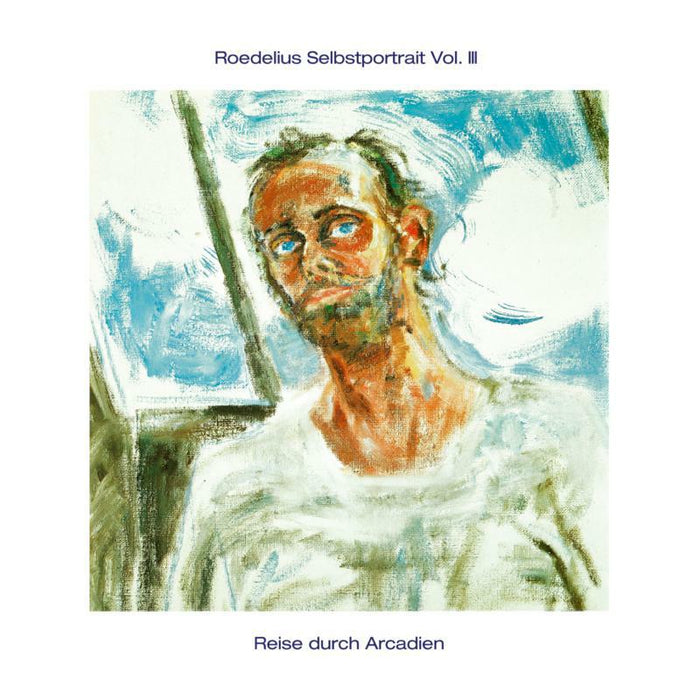Description
Without a doubt, To Rococo Rot are an exception within the German music landscape. From 1995 until they broke up in 2014, the group around Robert Lippok, Ronald Lippok and Stefan Schneider researched a unique sound between electronic music, ambient, post-melancholy and the further development of a new, free music like krautrock. Pitchfork described their sound as "unmistakably digital, yet 100% human". With releases on labels such as Kitty-Yo, City Slang and Mute Records as well as concerts worldwide, the band has built a remarkable reputation. The trio was invited three times by John Peel to record radio sessions in the BBC studios. Bureau B is pleased to make the recordings from these three sessions from the years 1997 and 1999 available on record for the first time, which, in addition to the live versions of selected album tracks, also contains exclusive, unreleased songs. Pop music is just another word for: anything is possible. When people pursue happiness, freedom, sexual fulfillment, friendship and love, when they don't let depression and poverty and injustice and abuse and alienation stop them from communicating, then this sound we call pop is created. It rings out in the brightly lit Penny arcades of the late 19th century as well as in the dark rooms of a gay bar in present-day Berlin. On a stage in front of 25,000 people. In your bedroom when you were a kid. It just always sounds different - quieter, louder, fiercer, ordinary. Sometimes the sound is distorted beyond recognition, sometimes it hits you like lightning. And sometimes it?s yours alone and you don?t have to share it, like when Robert Lippok says that the greatest moment in his time in to rococo rot was when John Peel invited them to Liverpool to record the third of three Peel Sessions and they met him in person: "I felt like I was in a dream; I?m still very happy he invited us." And Ronald Lippok adds, almost tenderly, "When we listened to the show back home in the East, we fantasized about Peel announcing one of our band's tracks, even tried to imitate his voice: This is John Peel's radio show on BFBS..." Just when you're still some teenager in East Berlin, you blink twice and you're face to face with the person who?s been sending you a message in a bottle from another life, from real life, over and over again for years via medium wave (or was it FM?). And isn't it strange anyway to imagine these ultra-short waves taking on the contours of a Roxy Music song, and actually and physically and somehow analogously pulsing through our bodies? Through Stefan Schneider?s body as well, who then called D?sseldorf home and who also happened to live in the British zone of the Federal Republic, where every Thursday late at night John Peel played records at the wrong speed and yet all was right in the world.





